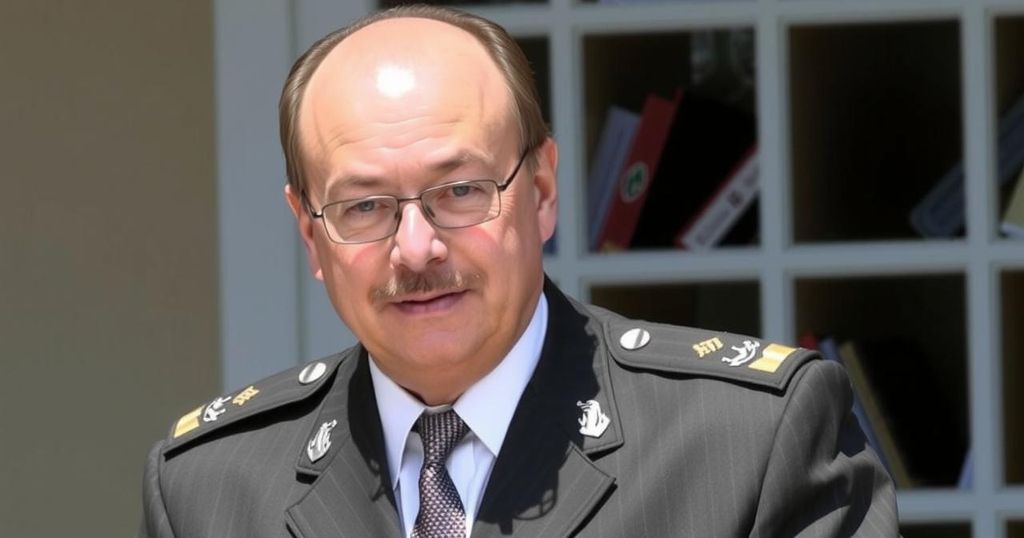Joseph Aoun Elected President of Lebanon Amid Political Turmoil

On Thursday, Joseph Aoun was elected as the new president of Lebanon, filling a two-year vacancy. He faces significant challenges including overseeing a financial crisis and a ceasefire with Israel. The election signals a shift in Lebanon’s political landscape, with support from international actors. Aoun aims to establish state authority over arms and to initiate reforms required by global creditors.
On Thursday, Lebanon’s lawmakers elected Joseph Aoun, the army chief, as president, filling a two-year vacancy in the position. Aoun, who celebrated his 61st birthday the following day, expressed his vision for a new era in Lebanon’s history as he entered parliament wearing a suit rather than his military uniform. He is tasked with overseeing crucial reforms needed to address the country’s severe financial crisis and implementing a ceasefire in southern Lebanon. Aoun pledged to uphold state authority over arms, specifically referring to the recent conflict between Israel and Hezbollah, and emphasized the need for a comprehensive defense strategy to protect Lebanon’s sovereignty.
The election comes amid significant political challenges in Lebanon, including the absence of a president since October 2022. Joseph Aoun is Lebanon’s fifth military chief to assume the presidency, and his election is viewed as pivotal in stabilizing the government and moving forward with the appointment of a new prime minister. The regional implications of his presidency are notable, as both the United States and Saudi Arabia appear supportive of his leadership. International entities, including the United Nations, have also expressed optimism regarding his election, identifying it as a crucial step towards restoring Lebanon’s political order.
The election of Joseph Aoun follows a prolonged period of political instability in Lebanon, characterized by a lack of leadership amid a severe economic crisis. The presidency in Lebanon holds a significant yet controversial position due to the country’s power-sharing system, which mandates that the president must be a Maronite Christian. The election reflects a shift in political dynamics, particularly with the backdrop of Hezbollah’s diminished influence following recent conflicts and changes in regional alliances, including developments in neighboring Syria.
Joseph Aoun’s election as president marks a hopeful turning point for Lebanon after a two-year vacancy in the presidency. With significant responsibilities ahead, including leading reforms and maintaining national security, Aoun’s leadership is expected to foster political stability and address the country’s acute financial challenges. The international community’s positive reception to his presidency suggests a potential path forward for Lebanon amidst ongoing complexities.
Original Source: www.bryantimes.com








